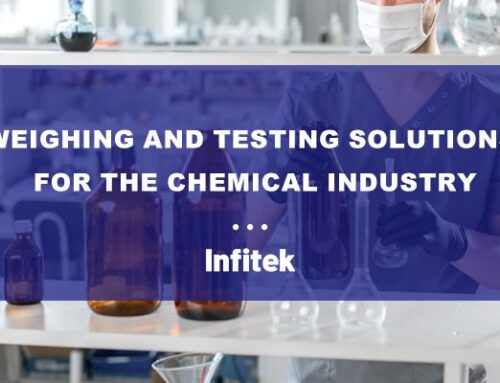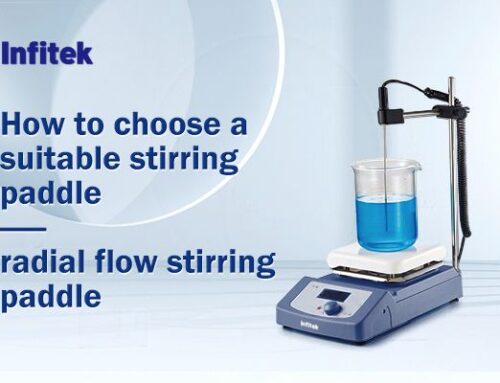Food safety is of paramount importance in today’s world, and ensuring the quality and safety of food products requires rigorous testing procedures. One crucial aspect of this process is the establishment of a well-equipped food safety testing laboratory. In this blog, we will explore the essential equipment needed for a food safety testing laboratory to carry out accurate and reliable analyses.
Microscopes:
Microscopes are indispensable tools for examining food samples at the microscopic level. They aid in the detection of microorganisms, contaminants, and other microscopic entities that may compromise food safety.
Spectrophotometers:
Spectrophotometers are used to analyze the chemical composition of food samples. They help identify the presence of contaminants, additives, and nutritional components, ensuring compliance with safety standards.
PCR Machines:
Polymerase Chain Reaction (PCR) machines are essential for detecting and identifying specific DNA sequences. In a food safety laboratory, PCR is often used to identify pathogens such as bacteria and viruses that may be present in food samples.
Gas Chromatographs and Mass Spectrometers:
Gas chromatographs coupled with mass spectrometers are employed for the separation and identification of volatile compounds in food samples. These instruments are crucial for detecting contaminants like pesticides and mycotoxins.
Incubators:
Incubators provide controlled environments for the cultivation and growth of microorganisms present in food samples. They are vital for assessing the microbial safety of food products.
Autoclaves:
Autoclaves are used to sterilize equipment and media to eliminate any potential sources of contamination. Maintaining a sterile environment is critical for reliable testing results.
pH Meters:
pH meters are essential for measuring the acidity or alkalinity of food products. Monitoring pH levels is crucial for determining the freshness and safety of various food items.
Centrifuges:
Centrifuges are employed to separate components of food samples based on their densities. This is particularly useful for analyzing suspended particles, extracting DNA, or isolating specific compounds.
Freezers and Refrigerators:
Proper storage of food samples is essential to prevent degradation and maintain their integrity. Freezers and refrigerators with controlled temperatures are crucial for sample preservation.
Laminar Flow Cabinets:
These cabinets provide a sterile work environment by minimizing the risk of airborne contaminants during sample preparation. They are essential for maintaining the integrity of the testing process.
Conclusion:
Establishing a well-equipped food safety testing laboratory is vital for safeguarding public health and ensuring the quality of food products. The mentioned equipment plays a pivotal role in conducting accurate and reliable analyses, enabling laboratories to meet the stringent standards set for food safety. As technology continues to advance, staying updated with the latest innovations in food safety testing equipment is crucial for laboratories to enhance their capabilities and contribute to a safer food supply.
Learn More: https://infitek.com/products/




Get Social